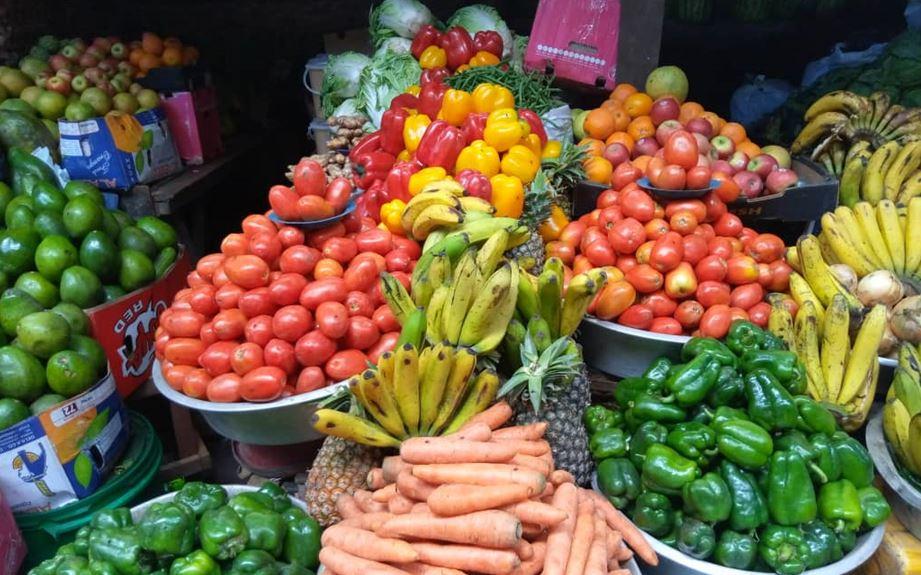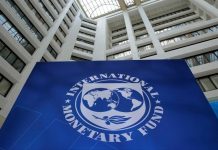Elvince Joshua
Africa-Press – South-Sudan. You may have to brace yourself for a more unforgiving economy in 2023 if the assessment by the Bank of South Sudan is any indication.
After its extraordinary meeting chaired by governor, Johnny Ohisa Damian, the BoSS narrowed down to four factors that could worsen economic performance: flooding, inter-communal violence, drought, and the soaring prices of commodities.
With the ongoing uncertainty surrounding state security levels and the unpredictable nature of natural disasters, the situation may get worse this year. In addition, the local currency continues to take a hit from the dollar, and inflation still remains a primary source of concern.
On January 3, 2023, International Monetary Fund (IMF) Managing Director Kristalina Georgieva told US media outlet CBS that the world is staring at a recession that could affect “a third of its economy.”
“While our baseline avoids a global recession over the next year, the odds of one are uncomfortably high. “Europe, however, will not escape recession, and the US is teetering on the verge,” she said, according to the BBC.
Dealing with inflation
In the extraordinary meeting that yielded the banking policies, the Central Bank Monetary Policy Committee said it would focus on dealing with inflation to salvage the economy.
Dr Abraham Maliet Mamer, an advisor at the Economic Cluster led by Vice President Dr James Wani Igga, described the plan to maintain the inflation rate this year at just above or below eight per cent as ‘wishful thinking’ central, arguing that the institution lacks substantial control over the market.
BoSS stated that it would maintain headline inflation in the low single digits of 8 per cent with a margin of less than one per cent.
However, Mamer said the current headline inflation has already surpassed the 8 percent margin and is likely going to worsen since the exchange rate has largely remained volatile since December last year.
“They said they will maintain headline inflation of a single digit of 8 per cent percent with of ± 1 percent yet our inflation is already above 8 percent and you are aware of that,” he said in an interview with The City Review yesterday.
“So, what are you going to do to bring this inflation down or maintain it between 9 and 7 percent or at 8 percent? “It is something I think is wishful thinking because they have not explained how they are going to maintain it,” he stressed.
The African Development Bank last year projected that South Sudan inflation would increase to 16 per cent in 2022/23 because of drought and higher food prices in the key source markets of Kenya and Uganda following Russia–Ukraine conflict.
The report titled ‘South Sudan Economic Outlook’ also predicted the inflation to fall to 5.3 per cent in 2021/22 due to improved food supply from the neighbouring countries.
“You see, inflation is a subject of demand and supply, it is a subject of (commodity) price index…it is about how much money you have poured into the market, how much cash is circulating in the market,” the economist said.
“They haven’t told us how many pounds are in circulation in the market…(If) you don’t have access to your cash and you don’t have cash control, how then do you control inflation?”Mamer wondered, arguing that the central bank needed to do better than just release statements.
However, in a recent report released by the National Bureau of Statistics (NBS), the annual Consumer Price Index (CPI), decreased by 8 percent from November 2021 to November 2022.
The NBS said the decrease was facilitated by lower prices of food and nonalcoholic beverages, among other items.
The data agency, however, said it registered an increase in CPI by 0.1 per cent in Juba compared to Wau and Malakal, whose CPIs dropped by 25.6 per cent and 56.8 per cent respectively within the same period.
Source: The City Review South Sudan
For More News And Analysis About South-Sudan Follow Africa-Press






